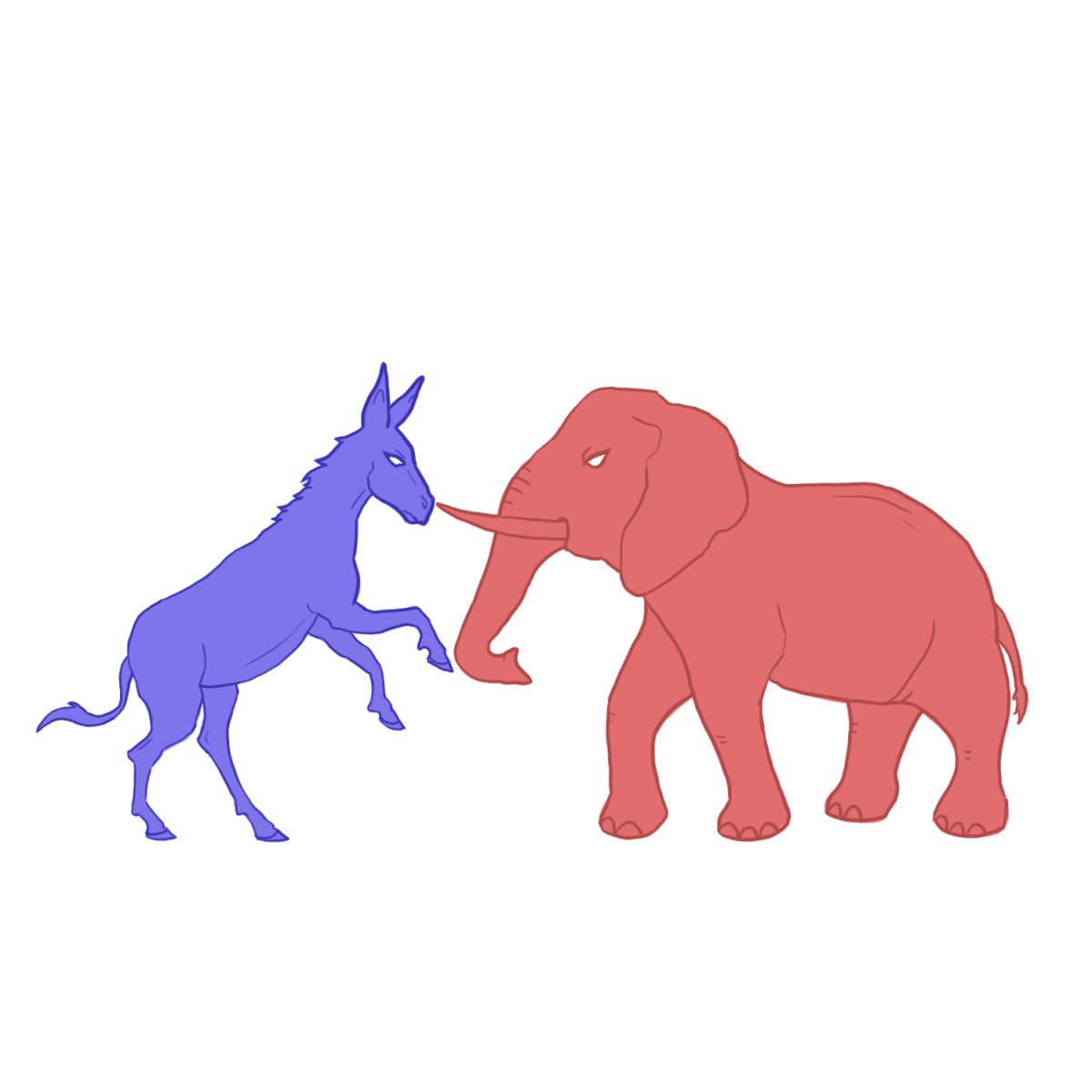When Levi Bohanan, junior political science major, came out to his parents in eighth grade, his parents began sending him to retreats and local Christian therapy sessions designed to encourage young individuals to reject a homosexual orientation. The sessions continued through high school until Bohanan’s parents, unable to come to terms with his sexuality, kicked him out of their house.
Bohanan said describing the experience is difficult to this day, but Thursday in Koldus 111 he will do just that as he attempts to explain the situation that was, at times, too complex to accurately express with words.
Bohanan said group members at the sessions were told every week that they should hate their gay identities, and he and his fellow attendees often took the message to heart. Due to the depression many of his peers suffered from, Bohanan said one of his friends committed suicide and another was hospitalized after an attempted suicide.
“It’s like if you tell someone they are stupid for long enough, they will believe it,” Bohanan said. “People began to believe it.”
Despite this, Bohanan said his presentation in Koldus is not meant to be a sob story. Bohanan said that in a twisted way, he wants to turn the experience into something he can use to his advantage one day.
“I don’t want this to be a victim story under any circumstances,” Bohanan said. “I do want people to know that [this] is an experience that other people have been through and not everybody ends up as well as I did.”
Texas A&M was not Bohanan’s first choice of schools. Bohanan said when his parents kicked him out, he wasn’t even considering college, much less the university his parents went to. But just a few years later, Bohanan found himself a student and president of LGBT Aggies, surrounded by friends who empower him.
“I was incredibly lucky that I had teachers and a resource center and friends, and not everyone has all that,” Bohanan said. “Homeless LGBT youth is a real thing and the rates are high, so I was lucky. But not everyone else is and I want people to understand that.”
As a part of his presentation, Bohanan will present his findings from a Cornerstone Program learning community class, where he was asked to define evil in religious, political, sociological or psychological terms. Bohanan was reminded of his experiences with a pastor in the therapy sessions, defining evil as sin masquerading as good.
“Levi [Bohanan] chose a topic that was very personal to him, given his experiences with ‘pray away the gay,'” said Donald Curtis, assistant dean for high impact programs and professor for the “Nature of Evil” class Bohanan was in. “So I know that had an immense impact on him. Those are the topics that most affect our students, when they examine events that happened to them, rather than it being just an academic exercise over a topic where they have no personal experience. I believe it is for that reason that some students are more impacted – and also, I might add, produce incredible work – by the subject they chose.”
Curtis said Bohanan’s work was so impressive that he had Bohanan present the work to a freshman class last fall.
Bohanan said his parents’ and the pastors’ intentions were good – they simply wanted Bohanan to be a good Christian – but in the process they caused pain in Bohanan’s life that left marks that lasted into college.
“When I was first approached to tell my story and asked by other individuals to tell my story, my very first response was, ‘No,'” Bohanan said. “I did not want to tell my story. It was something that was very personal, it was something that is kind of painful, so I didn’t really want to have that out for the whole student body to hear.”
After speaking with friends within the LGBT community, however, Bohanan said he began to consider the possibility of good coming from telling his story.
“Eventually I came to the realization that if me telling my story convinced one future parent not to do this or to help one student who had been through this, then I wanted to,” Bohanan said.
Bohanan said he has since measured some success.
“The very first time I did this presentation, I had two or three people come up to me afterward and say, ‘Hi, I identify as a Christian and I always thought that being gay was the worst thing that you could ever do. You doing this really changed the way I feel about that,'” Bohanan said. “And that is the best feeling I could ever hope to describe – to know that in the future this person will have different interactions that will help LGBT people. It was an amazing experience.”
For students like Edmar Ruano, sophomore meteorology major, Bohanan’s story is particularly interesting because of the psychological factors that influenced Bohanan’s view of self-worth.
Ruano, a Catholic, said he finds sexual orientation and sexual expression to be a large part of who one is.
“To be told to suppress or change it is psychologically unhealthy,” Ruano said. “These ministries teach people that they are wrong for something that they did not choose to be, and then task them with getting rid of it like a disease. To me, this damages a person’s self-worth and if that’s the price for praying away the gay, it’s not worth it.”
Lakaya Williams, freshman microbiology major, said Bohanan’s story stands out to her because it touches on an element of one’s life that some take for granted – parents.
“I think parents should support their children no matter what,” Williams said. “Parents are where anyone should be able to go for un-conditional love, and you can really destroy a person’s confidence and self-security.”
Gay student turns painful past into progress
March 26, 2014

0
Donate to The Battalion
$2065
$5000
Contributed
Our Goal
Your donation will support the student journalists of Texas A&M University - College Station. Your contribution will allow us to purchase equipment and cover our annual website hosting costs, in addition to paying freelance staffers for their work, travel costs for coverage and more!
More to Discover









